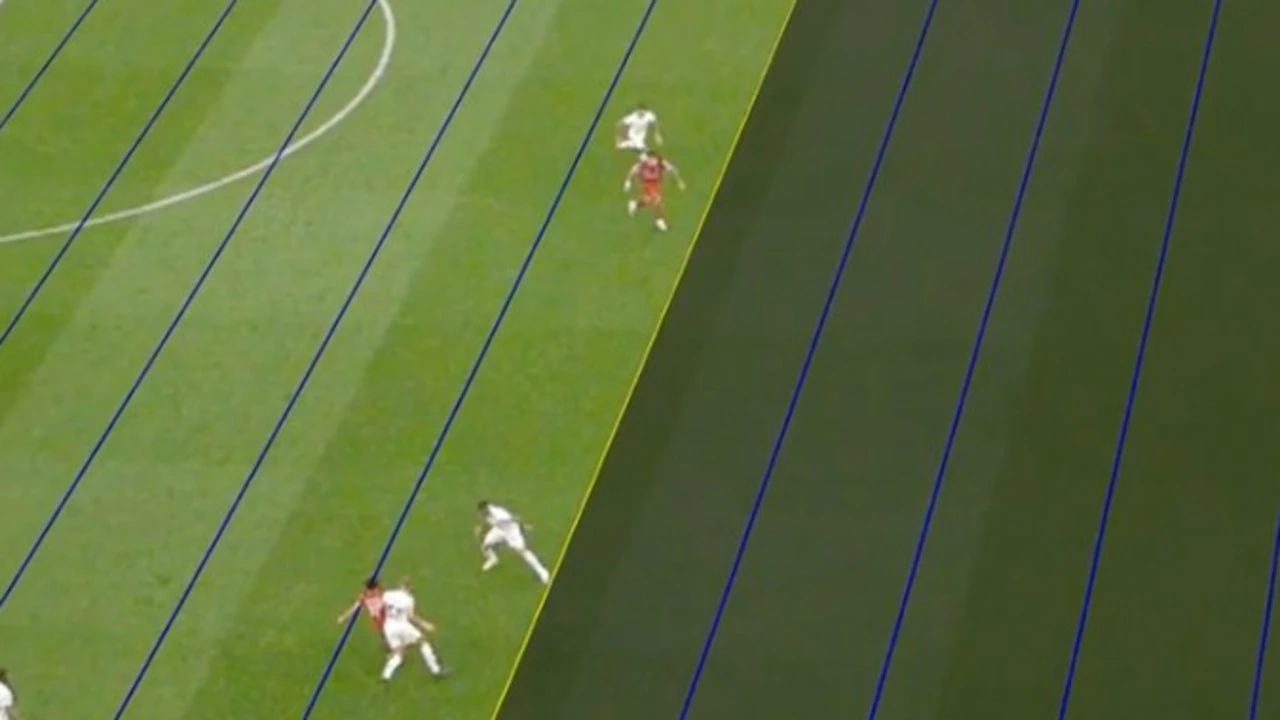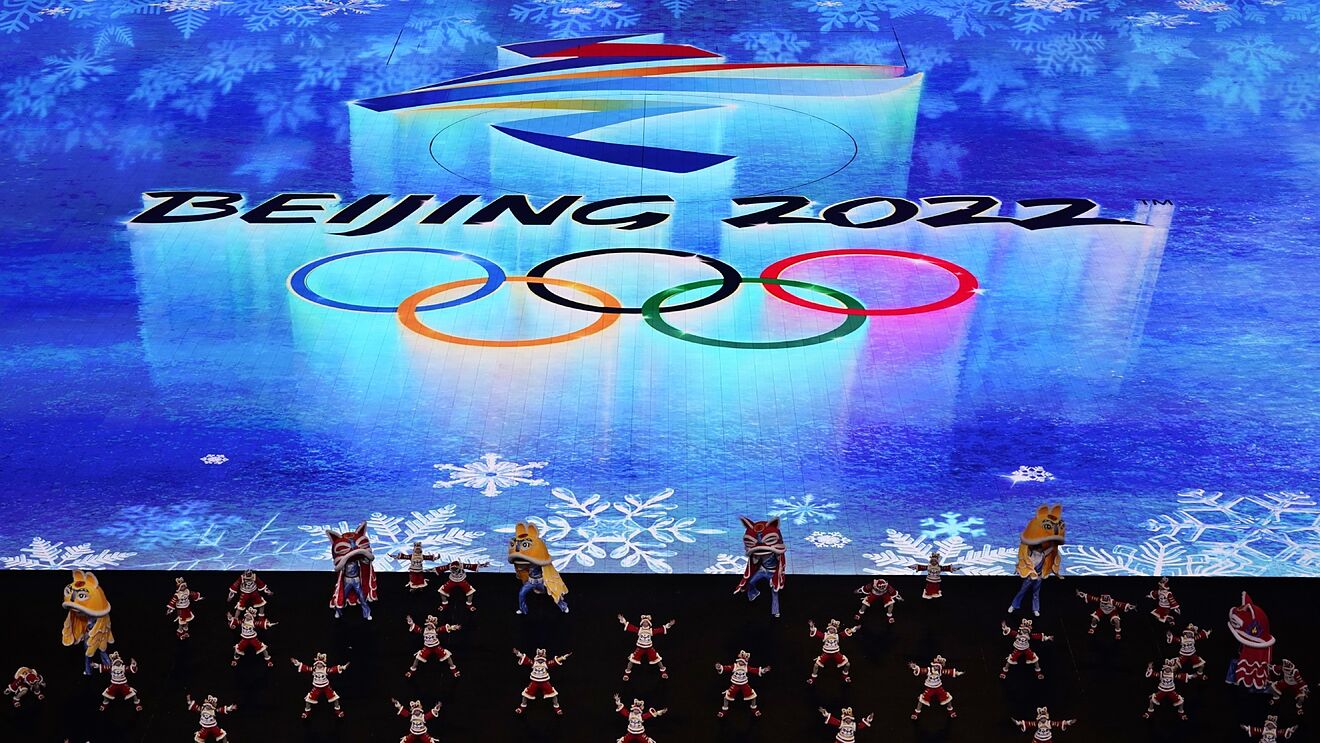By William Wertheimer, Year 11
In the world of football, Video Assistant Referee, or VAR, is a game-changing innovation. Its main goal since launch in 2018 has been to level the playing field for “the beautiful game”. However, this modern addition has been the subject of conversation wondering if it is a positive or negative newcomer to the game. This begs the question of whether VAR is a good addition or not?
By reviewing important decisions with the use of video technology, VAR assists referees. It mostly concentrates on goals, red cards, penalties, and instances of identity confusion. The VAR team helps the on-field referee make the correct call by reviewing occurrences from various camera angles, which are placed all around the stadium. The capacity of VAR to fix obvious mistakes is its primary advantage. It lessens disagreements and improves decision accuracy. This therefore allows the game to go on with a more fair approach.
However, VAR does have its disadvantages, such as communication. Some players believe that it disrupts the flow of the game. Due to the long periods of “on field reviews”, more and more games are becoming over 100 minutes long, as opposed to the usual 90. This simple effect has many consequences such as overtiring the players, which results in more injuries.
That is not the only disadvantage due to communication, Human Error is another example. Fans are brought to believe that VAR is used to help referees with tough or unseen calls. However, we can see more and more clear incorrect calls on important actions. After the huge mistake made by the referees on and off the field are reviewed by a league’s referee board, they usually are deemed to be “Human errors” and are explained as being mistakes anyone could make. The club who suffered from the mistake is usually sent an apology yet many fans are certain that that is not enough.
A very known example of a human error is Luis Diaz’s goal that got called offside versus Tottenham Hotspur. The Colombian managed to score a very important goal that would’ve changed the outcome of the match, however after a short on field review by the VAR, the Liverpool winger’s goal was canceled due to him being offside. However, the referees failed to spot that he was kept onside by a Spurs defender that the cameras failed to capture. Later released evidence shows us that there was also a lack of communication between the VAR and the referees on the field and therefore failed to make the correct decision on this action. Even though Liverpool FC were apologized to, they were never given anything else, and therefore are still victims of this mistake which may potentially be a small factor in the rest of the season.
In conclusion, fans usually take these examples to prove their point on VAR being a negative addition to the game. However, even though there are some flaws to this modern technology, VAR has made a positive impact on the beautiful game that is football.


